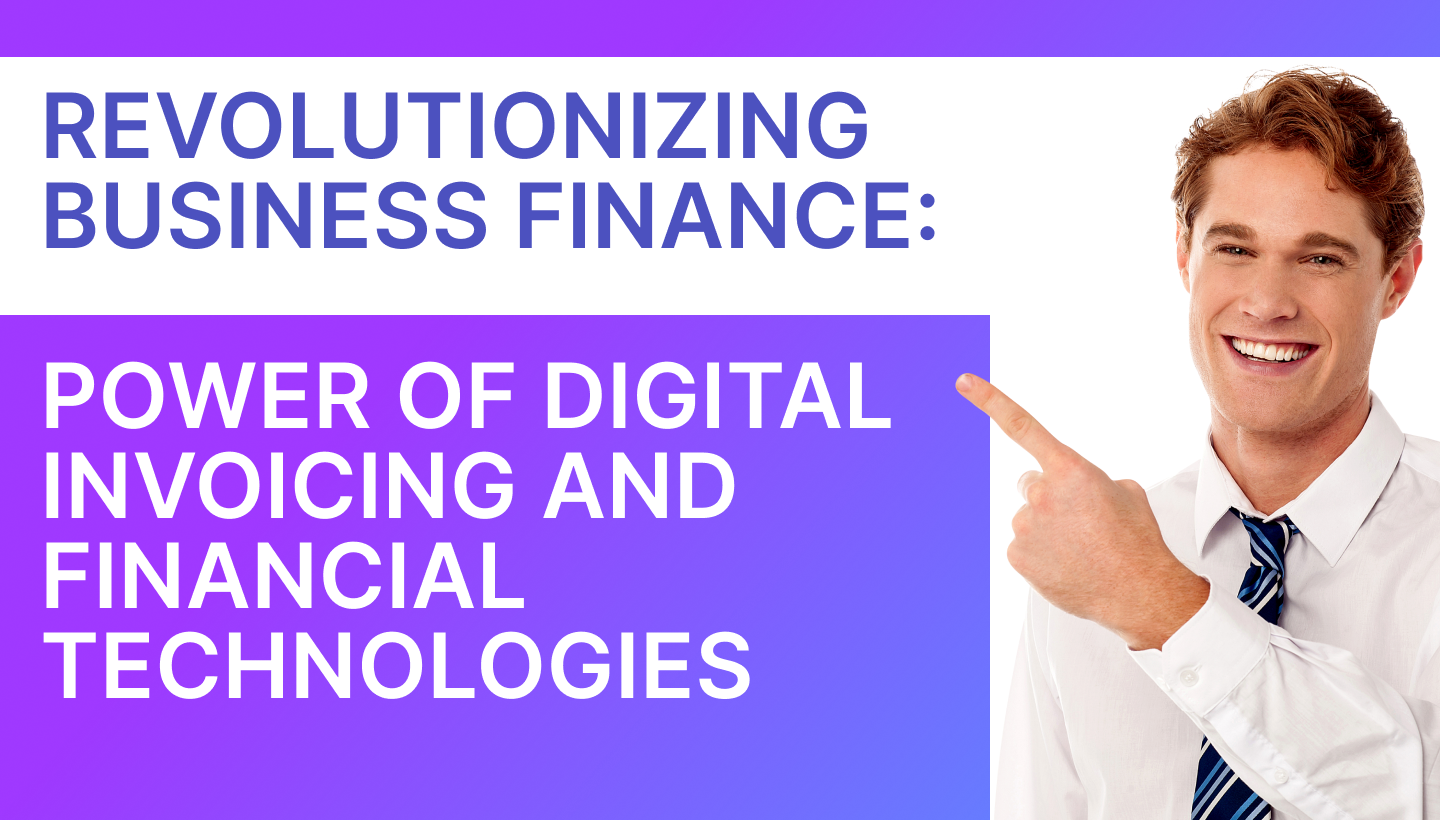InvoiceQuick is ultimate the product to create unique and powerful invoices online.


Introduction
In today’s fast-paced business world, the financial dimensions of enterprises are being transformed by two pivotal forces: digital invoicing and the rise of innovative financial technologies. This comprehensive guide delves into the transformative impact of these trends on business finance, offering insights into their benefits and the strategies businesses can employ to leverage them effectively.
Digital invoicing represents a significant shift from traditional billing methods. We'll explore its multifaceted benefits:
The FinTech revolution is redefining financial interactions in the business world. Key areas of impact include:


For businesses, adapting to these technological advances is crucial for sustained success.

Despite its benefits, integrating these technologies poses certain challenges.
The shift towards digital invoicing and the adoption of FinTech are not just altering how businesses manage finance; they are reshaping the entire landscape of business operations. Embracing these changes, prioritizing data security, and staying abreast of technological advancements are critical for businesses aiming to thrive in this new era. The future of business finance, rich with opportunities, is being sculpted by these dynamic and innovative financial technologies.